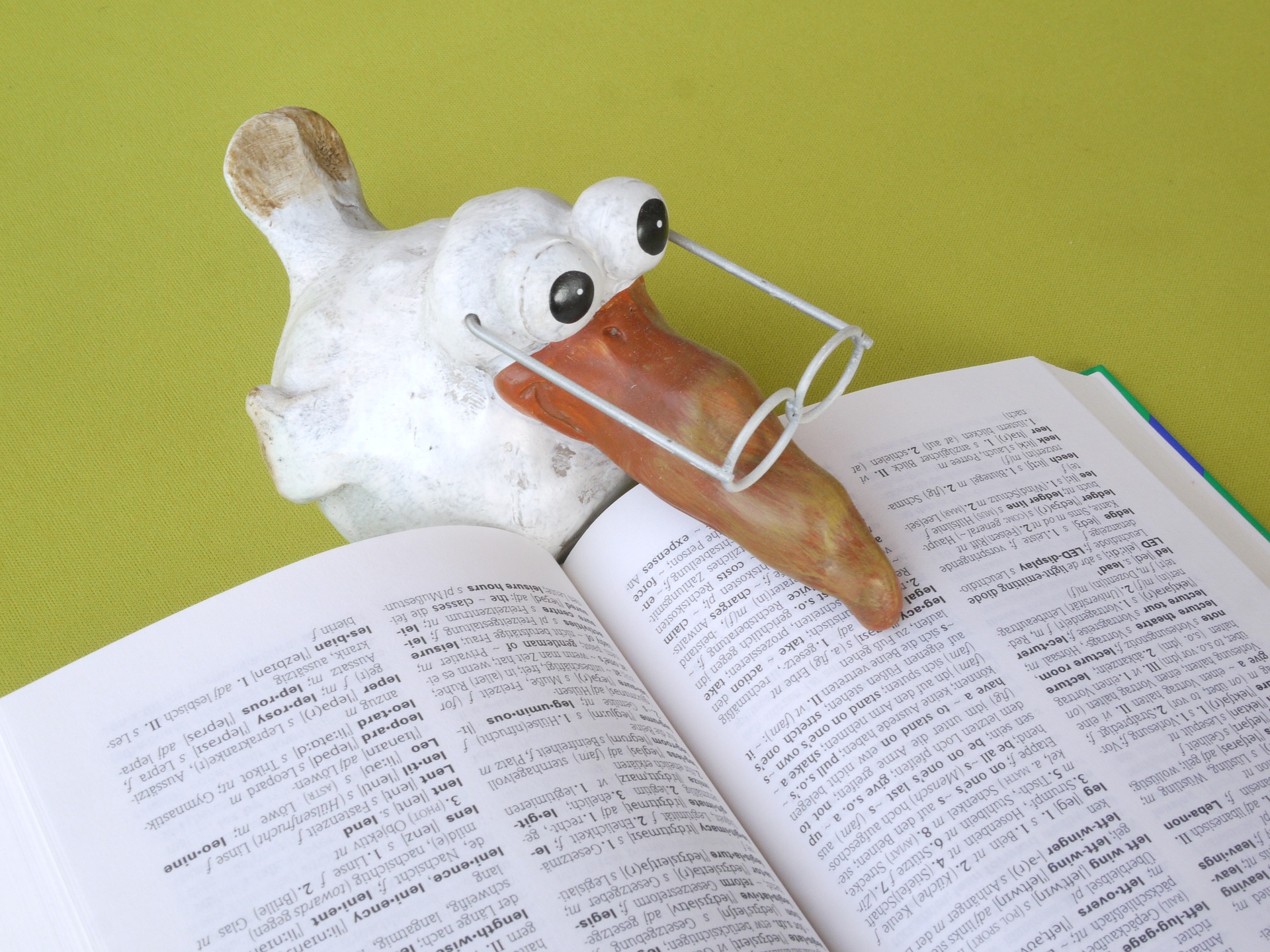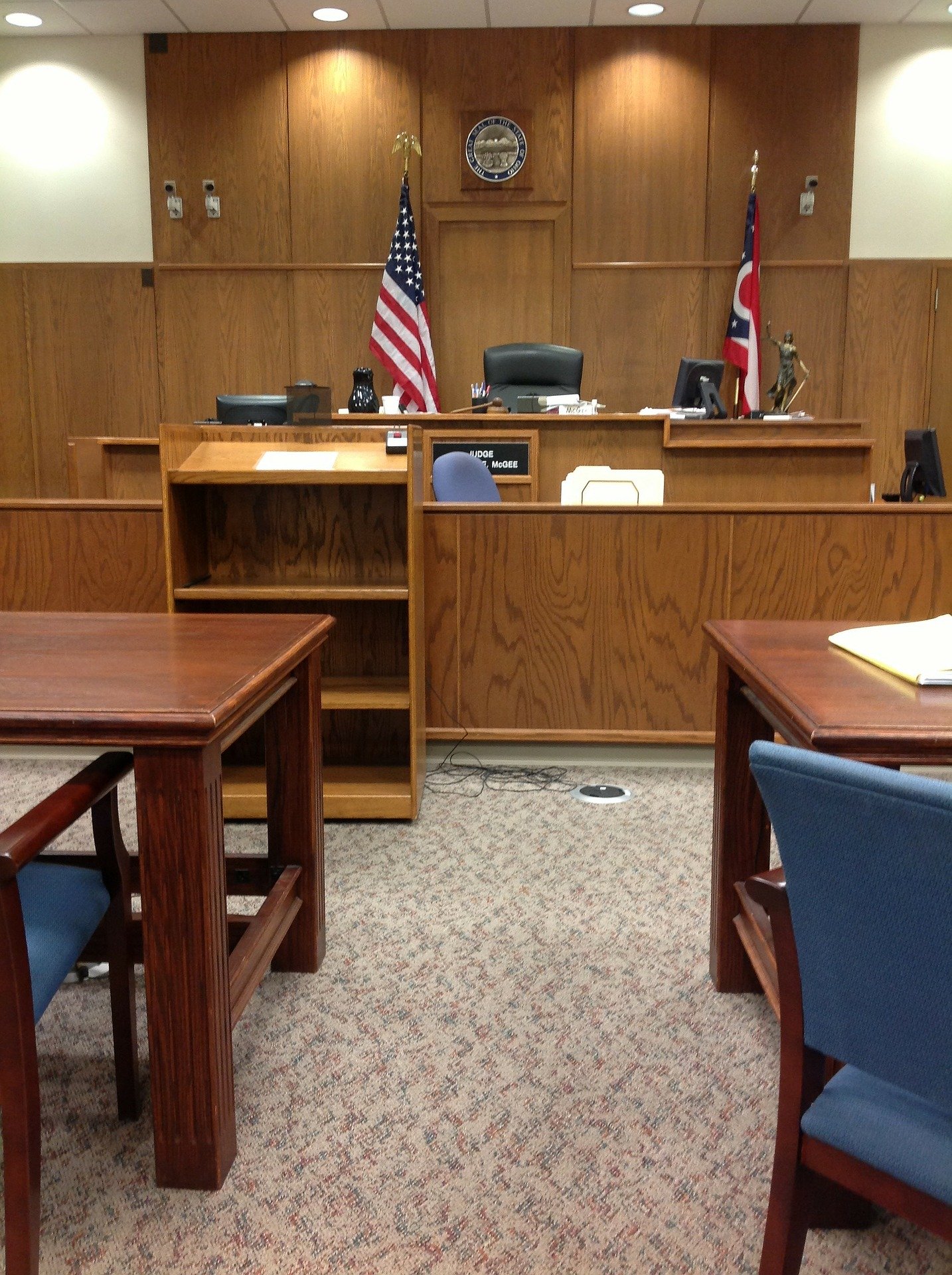
What We Can Learn About California Custody Laws By Watching Angelina Jolie and Brad Pitt Fight Over Their Kids
Deciding who gets custody of children isn’t always easy, especially in California.
Just ask Brad Pitt and Angelina Jolie, who have been fighting over custody of their kids since 2016.
Custody and visitation are legal terms often used interchangeably, but they actually mean different things.
Some folks are able to come up with a custody and visitation arrangement with minimal back-and-forth. Others aren’t as lucky.
A lot of factors come into play - your work schedules, where your child goes to school, and your child’s schedule of activities, to name a few. The pandemic doesn’t make figuring out a schedule any easier. Now you might have to worry about remote schooling, too.
If you and the other parent can’t agree on a custody arrangement, finalizing a schedule can be a difficult, stressful process.
Fortunately, Court Buddy is here to help. Custody discussions can be tense and emotionally charged. Having an attorney to mediate conversations between you and the other party can make communicating easier.
Custody laws vary by state.
If you live in California, here are some things you should know going into the custody process.
What is custody?
In California, there are two types of custody - legal and physical.
Legal custody refers to the parent who makes major decisions regarding the child’s health and well-being - what doctors they see, which school they go to, etc.
Physical custody refers to the parent that the child lives with most of the time. "Most” means over 50% of the time.
For both types of custody, parents can ask for sole or joint custody.
If you ask for sole legal custody, it means that you want to be the only person making major decisions for the child’s health and well-being. If you ask for joint legal custody, you are asking to make these decisions together with the other parent.
If you ask for sole physical custody, you are asking that your child reside with you for more than 50% of the time. This does not mean the other parent can’t see the child. It just means that the other parent’s total time spent with the child will be less than 50%.
For example, if you are requesting that the child live with you, but you are also requesting that the child will spend some weekends living with the other parent, that would be an arrangement where you have sole physical custody - because the child is living with you most of the time.
If you ask for joint physical custody, you are asking that the child live with you for 50% of the time and with the other parent for 50% of the time. Parents who choose this arrangement might alternate weeks.
For a joint physical custody arrangement to work, you and the other parent might have to live near one another (and near your child’s school and extracurricular activities), so that switching living arrangements won’t otherwise disrupt your child’s routine.
It's unclear with Brad Pitt and Angelina Jolie are fighting about when it comes to custody and visitation. The are paying a private judge to oversee their dispute, so their records are sealed.
What is visitation?
Visitation and physical custody are similar, but they aren’t exactly the same.
The visitation you request will outline the specific schedule (days and times, holidays, etc) that you want yourself and the other parent to follow when sharing time with your child.
If you request joint physical custody, for example, you can outline a visitation schedule that reflects the 50-50 split.
When in doubt, be specific.
When you and your attorney are filling out your court forms, it’s best to write out your requests as specifically as possible. Remember that even if you and your ex are on friendly terms now, things may change down the road.
For example, some parents prefer to spend time with their children every other week. You might assume it would be best to write “every other week” in the visitation section of your court forms.
But that might not always be specific enough to get the orders you want.
If your orders are granted now, but you have a custody dispute a few years from now, it might be harder to get your orders enforced when the time comes. A law enforcement officer would have to count off every other week for those years, starting from the day the judge signed your orders.
If there are disputes as to which week was yours and which week was the other parent’s, this can add a lot of hassle.
Law enforcement officers also cannot enforce any custody and visitation orders that aren’t fully in writing and signed by a judge.
Instead of writing “alternating weeks,” you might want to request the first and third week of each month for yourself, for example, and the second and fourth week of each month for the other parent. You can specify what days and times you want your weeks to start and end.
Doing so would make your orders as specific as possible.
For example: you can request the first and third week of each month, starting on Monday at 8 AM and ending on Monday at 3 PM. If your child is going to school in person when your orders go into effect, you can drop them off at school in the morning, and the other parent can pick them up from school in the afternoon.
You might not always get exactly what you’re asking for.
The process of coming up with a custody and visitation agreement can be lengthy.
In California, judges rule on custody and visitation proceedings based on what they believe to be in the best interest of the child. This is what should be the center of any and all orders you request.
In most cases - unless one parent’s presence in the child’s life endangers the child’s health and safety - the judge will want to take both parents’ requests into consideration.
You can, of course, ask for whatever orders you think are in the best interest of the child. But depending on what the other parent requests, you might not always get the exact orders you asked for.
If you’re concerned about the custody arrangement you’re requesting, a lawyer can help.
A lawyer will be able to help you fill out your paperwork to accurately reflect what you want. They can also help you argue why your requests are in the child’s best interest in court.
You might have to go to mediation.
Many California courts require parents to go to a mediation appointment before their court hearing.
Mediation gives parents an opportunity to discuss what custody arrangement works best for them in the presence of a professional, unbiased third party. Your attorney can go with you to help you advocate for yourself and your needs.
A mediator can help facilitate conversation, and can even help you and the other parent resolve disagreements that you have.
If you’re able to resolve all disagreements in mediation, the judge might not have to make any decisions at all.
If this is the case, you will probably go to your hearing and let the judge know that you came to an agreement. In California, judges usually approve custody arrangements that both parents have mutually agreed to.
You can ask for supervised visits.
If you believe that your child spending time alone with the other parent would endanger your child’s health and safety, you can ask for supervised visits.
What are supervised visits?
Supervised visitation helps parents do just that. Supervised visits don’t have to be something holding a parent back -- it’s just a little extra help for parents who need it.
Supervised visits might help if a parent has a disability that prevents them from caring for the child on their own, if the parent has a history of domestic violence, or if a parent is struggling with addiction.
You can request that the supervisor be a professional from an agency. Just note that you would have to find the agency on your own and figure out how you and the other parent will be paying the agency’s fees, as the court does not provide recommendations or payment.
If you would rather not have a professional supervisor, you can request that the supervisor be a non-professional.
For awhile during their custody drama, Pitt agreed to have a third party monitor visits with his kids.
A non-professional supervisor can be a friend or family member. If you prefer to use a non-professional supervisor, be sure to talk to this person beforehand to confirm that they will be available for the visitation schedule that you’re requesting.
If you want to request supervised visitation, an attorney can help you explore your options.
If the other parent isn’t following custody orders, contact a lawyer immediately.
A lawyer can go through the proper channels to make sure that your final orders are properly enforced. You don't need to have Pitt or Jolie's bankroll to get a lawyer's help. Our prices start at $249 and interest free payment plans are available.
Court Buddy is here to connect you with an experienced and trusted lawyer who can help you at an affordable rate. The company assists with the management of your case and lawyer relationship. Your lawyer will assess your legal issue in a timely and confidential manner, explain why you need or do not need a lawyer, and only charge you for the legal services performed and associated out of pocket fees. This article is intended to convey general information and does not constitute legal advice.

Related Posts
No Fault Divorce vs. Fault Divorce - What these terms m...
Frankie Grijalva | 20 November, 2020
No-fault divorces mean that the person filing for divorce doesn't have to prove that the other person did something to cause the end of the marriage. Every...
Read More
Divorce Glossary: Important Legal Definitions Related t...
Zoey Ellis | 14 October, 2020
If you're getting divorced, you're probably stressed out enough. The last thing you need to add to your to-do list is to spend a bunch of time researching lega...
Read More
What to bring to court when you are trying to get custo...
Stephanie Cortes | 07 August, 2020
The legal term “child custody” is used to describe the rights and responsibilities of each parent or guardian when it comes to taking care of their child or c...
Read More





-1601582715-25516-(1)-1601634939-72804-1-1605641762-37124.png)









